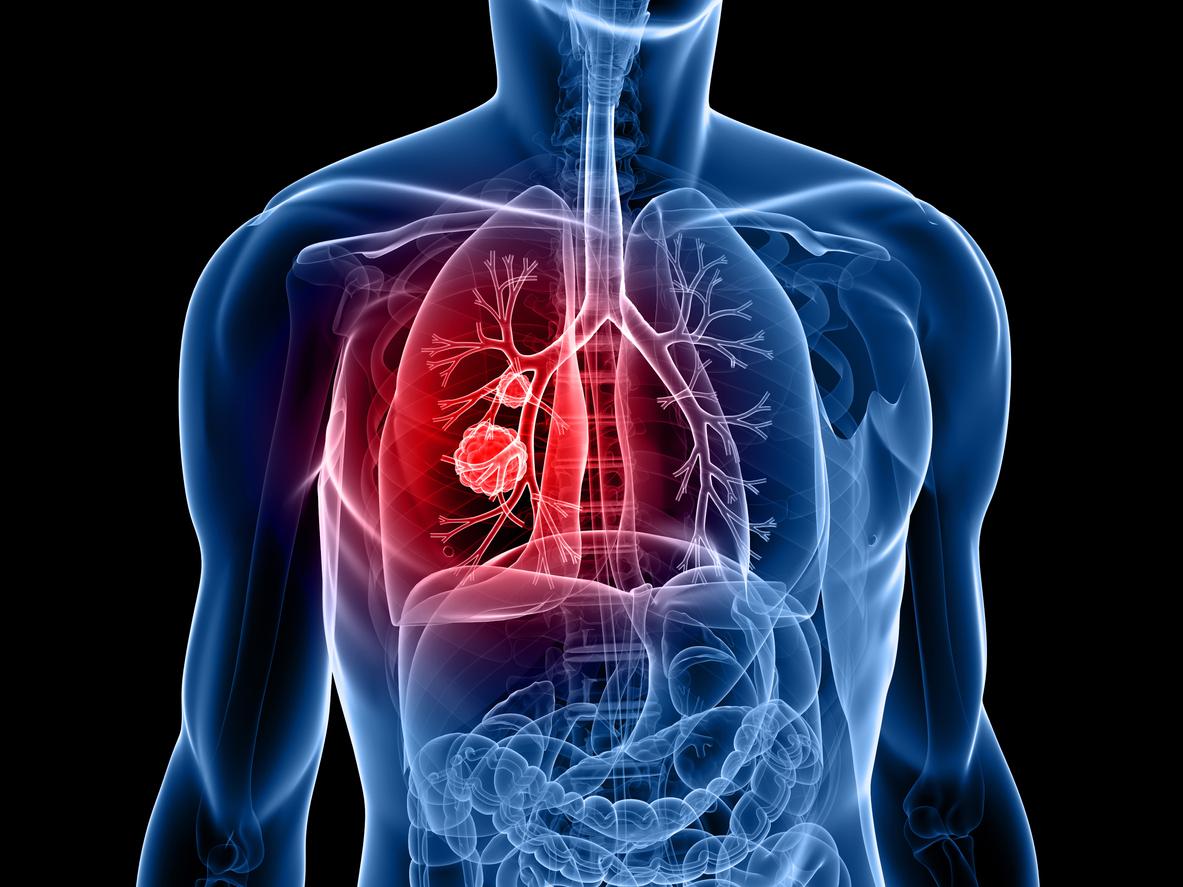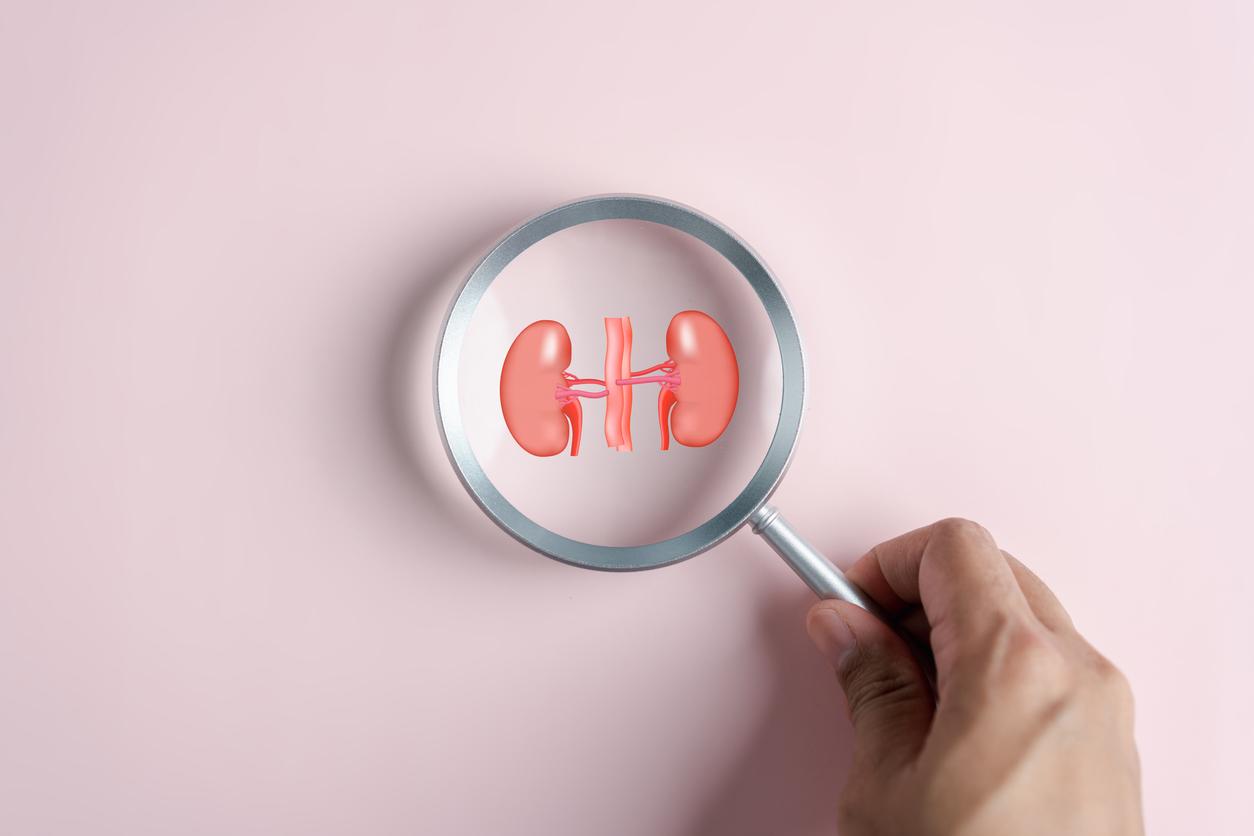At 27, French tennis player Alexandre Müller (90th in the world) is having a successful career despite his Crohn’s disease.

- French tennis champion Alexandre Müller has been fighting Crohn’s disease for years.
- “Even if there are training sessions that I cannot do or matches that I lose because of this illness, I try to keep only the positive,” he confides.
- “I’m always looking for little tips that can help me, but it’s a pathology that is not easy to manage every day with high-level sport,” he explains.
“It’s not easy every day.” Having just qualified for the second round of Roland-Garros by ousting the Italian Luca Nardi, French tennis champion Alexandre Müller spoke the newspaper the Team about his Crohn’s disease.
Crohn’s disease by Alexandre Müller: “I’m always looking for little tips”
“I’m always looking for little tips that can help me, but it’s a pathology that is not easy to manage every day with high-level sport,” he explains. “I have always said it: when I stop playing high-level sport, it will be a bit of a relief because I know I will be in better health,” he adds.
“For now, I’m experiencing great emotions with tennis and I think that’s the most important thing. Even if there are training sessions that I can’t do or matches that I lose because of this illness , I try to only keep the positive”, he continues.
“Crohn’s disease forces him to go to the toilet a lot before matches (which causes a loss of energy) and prevents him from drinking enough water during his matches due to stomach upset,” also reports RMC sport.

Alexandre Müller’s Crohn’s disease: definition, symptoms and incidence
In addition to these two very disabling symptoms, Crohn’s disease can cause many other health problems, namely: abdominal pain, diarrhea, anal pain, discharge of mucus or blood from the anus, loss of appetite, nausea, vomiting, fatigue, weight loss, rheumatism, dermatological problems or even eye damage.
“Crohn’s disease is an inflammatory disease that can affect any segment of the digestive tract from the mouth to the anus,” noted the AFA patient association. “It is a chronic disease comprising phases of activity (or flare-ups) of variable intensity alternating with phases of more or less complete and prolonged remission”, adds the institution.
In France, the frequency of Crohn’s disease varies depending on the region. The number of new cases each year is between 4 and 5 per 100,000 inhabitants.
Crohn’s disease depends on genetic, environmental and microbial factors. “The composition of the intestinal flora seems in particular to play an important role in the pathogenesis. Thus, nearly 40% of patients present an overpopulation of E. coli bacteria called AIEC (for Adherent-Invasive Escherichia coli) compared to only 6% of individuals of the general population”, finished Inserm.

















